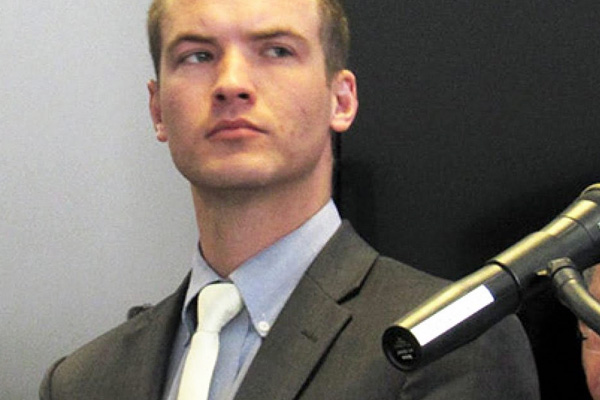Sadness for the fallen –
Nov. 7, 2020 – Under the proposal, the staff would also be able to educate clients about harm-reducing practices, like protecting themselves from HIV and sexually transmitted diseases, and provide referrals to other support and recovery services.
In the years before his death, Harvey faced arrest many times for distributing clean syringes to people in the community. In 2019, he turned his focus to Augusta, where he became involved with the Coalition for Sensible Drug Policy, a group of organizations backing legislation introduced by state Rep. Mike Sylvester (D-Portland) to pilot two overdose prevention sites in communities that would petition for them.
Sylvester’s bill failed to make it out of the Maine Legislature’s Health and Human Services Committee due to an anticipated veto from Governor Janet Mills, according to organizers.
But, through his organizing, Harvey turned several people in recovery into political activists.
“I was kind of questioning this whole sobriety thing,” Morrisette said. “I met Jesse at a meeting and he was like, ‘Oh, you want purpose? I’ll give you some purpose.’ He started bringing me out on distros [syringe distribution] and before I knew it, it became my life.” The coalition has currently turned its attention to local efforts, beginning in Portland. On Nov. 8, they led a protest on the steps of City Hall demanding safe consumptions sites.
“We decided we were going to focus more of our immediate efforts locally on Portland, especially since we’re inevitably going to encounter a ton of resistance from the governor’s office,” said Danny Kochanowski, a social worker and organizer with the coalition.
The groups have launched a campaign to convince the city council to take note of the success of safe consumption sites in other cities. More than 100 such sites exist around the world, with some now more than 30 years old.



